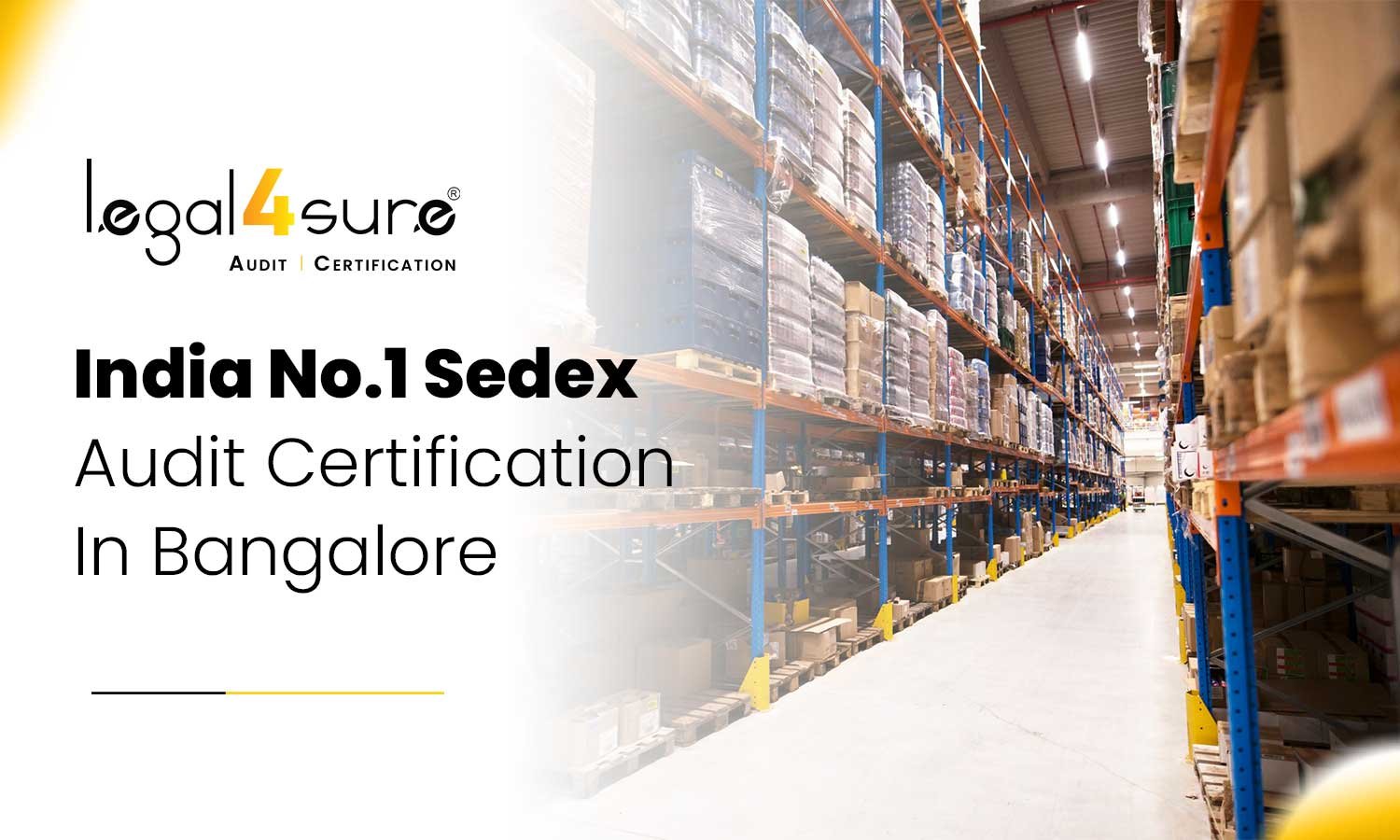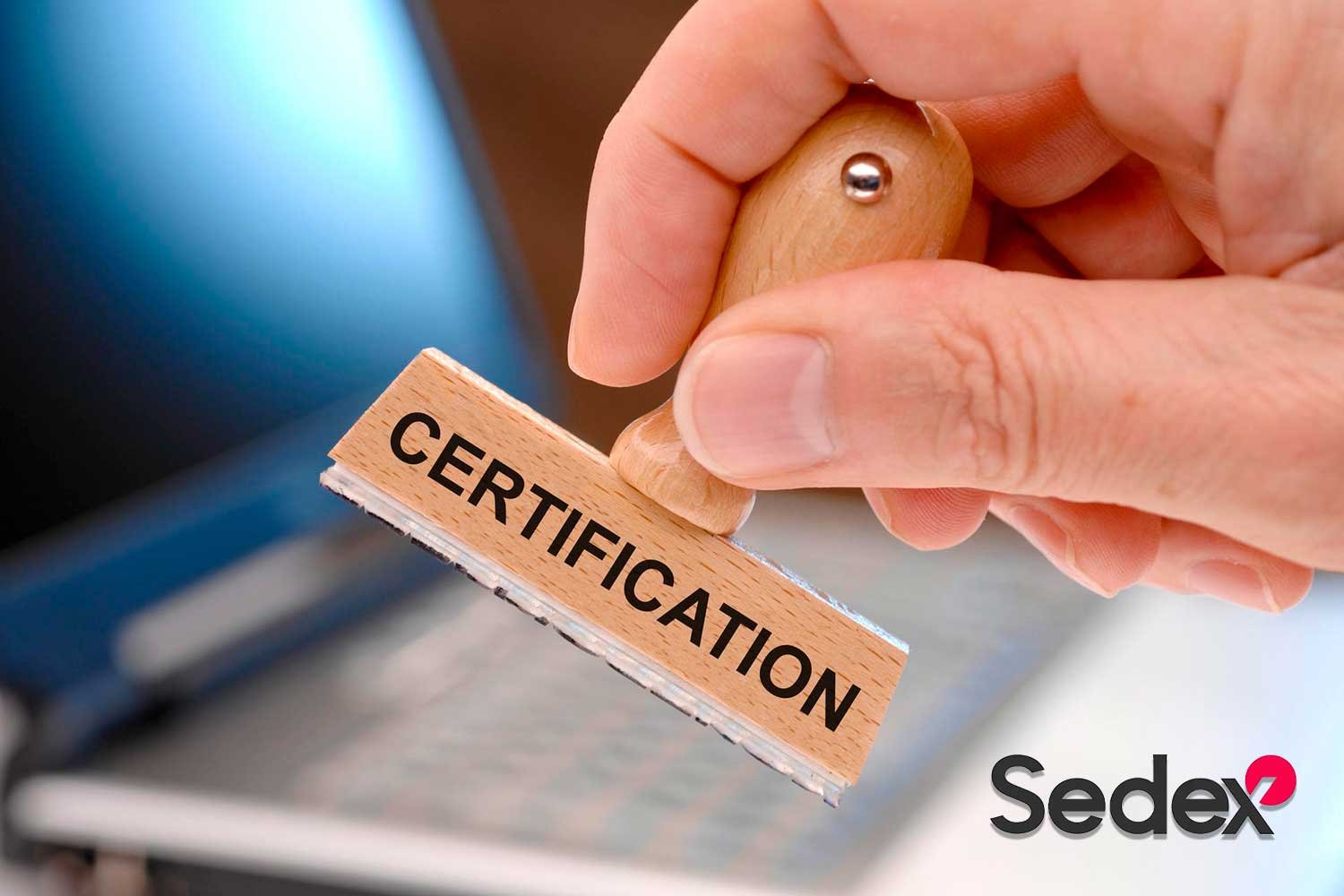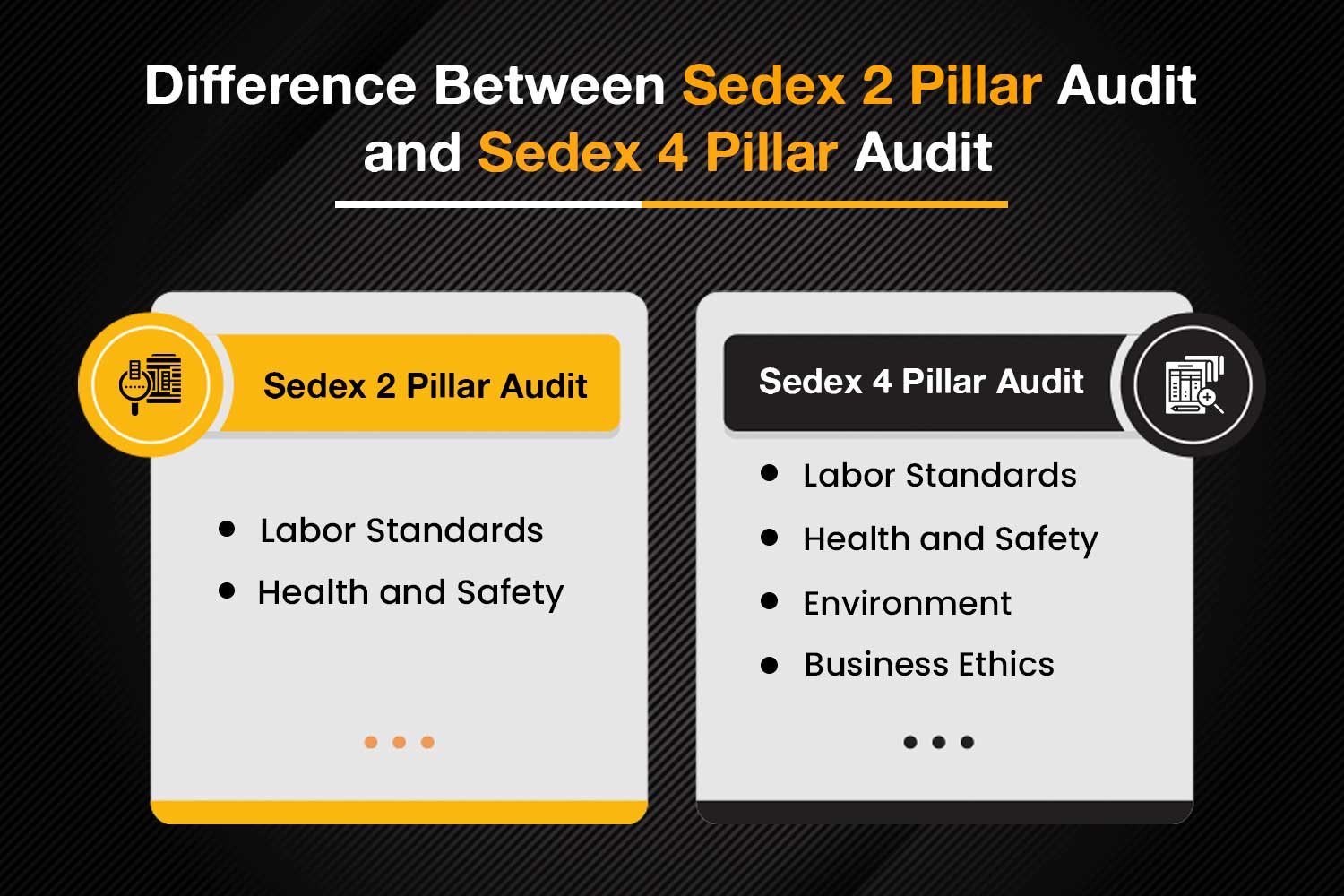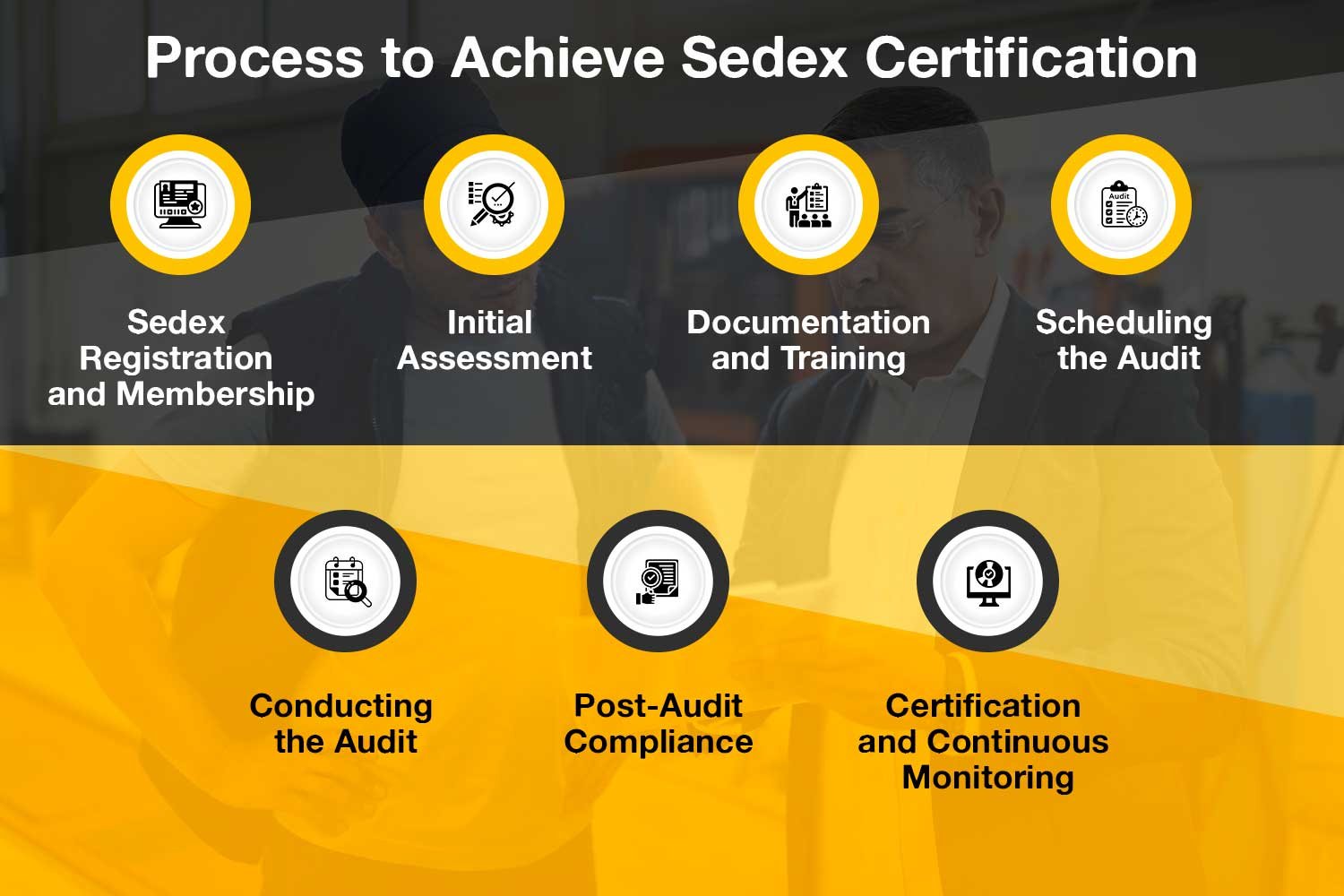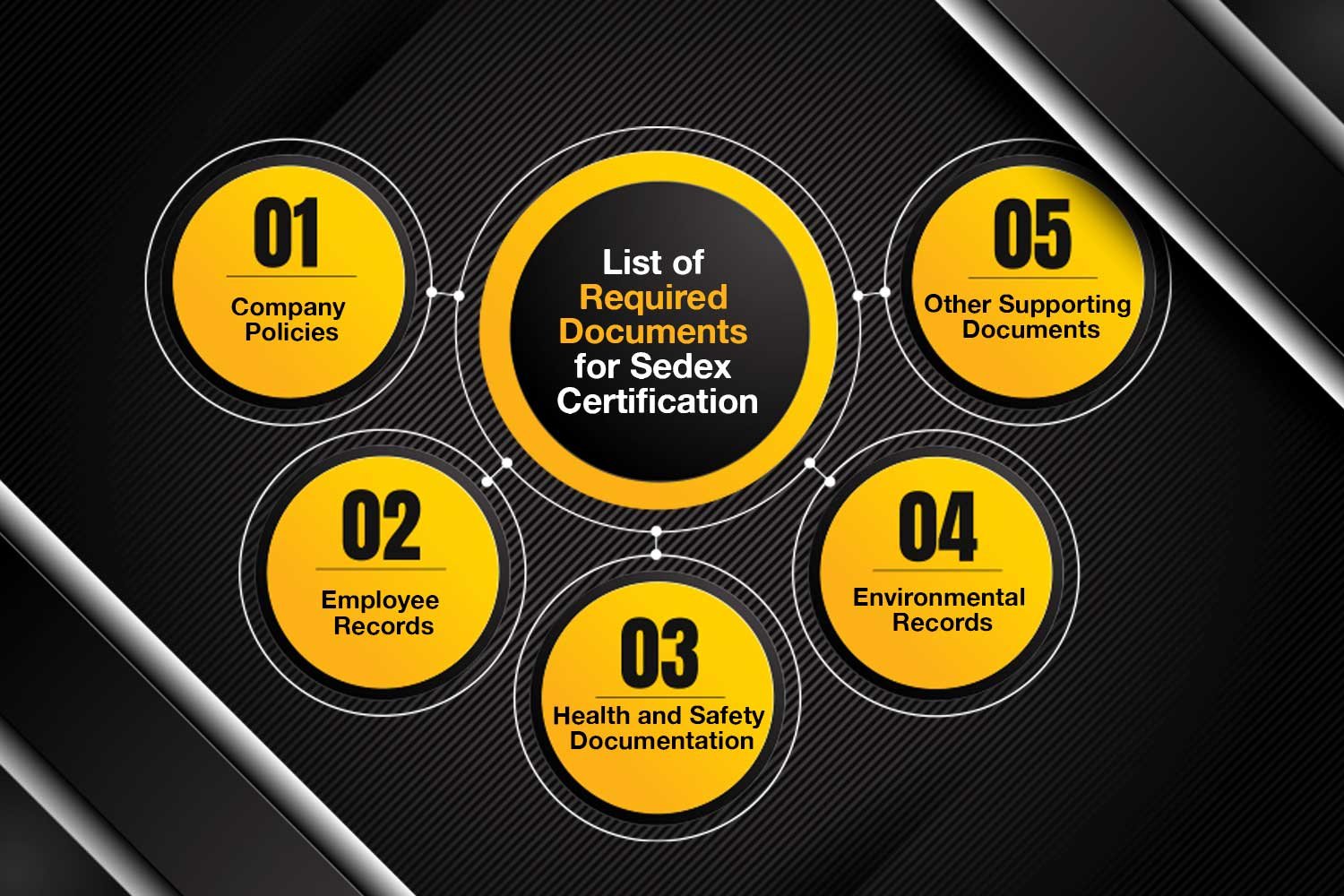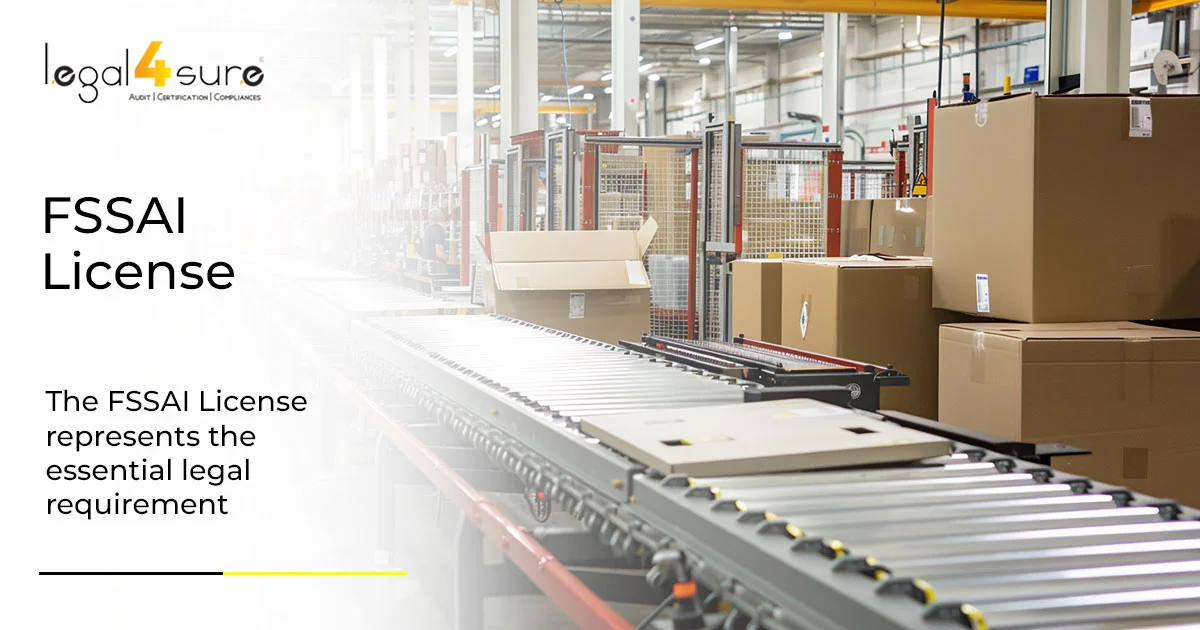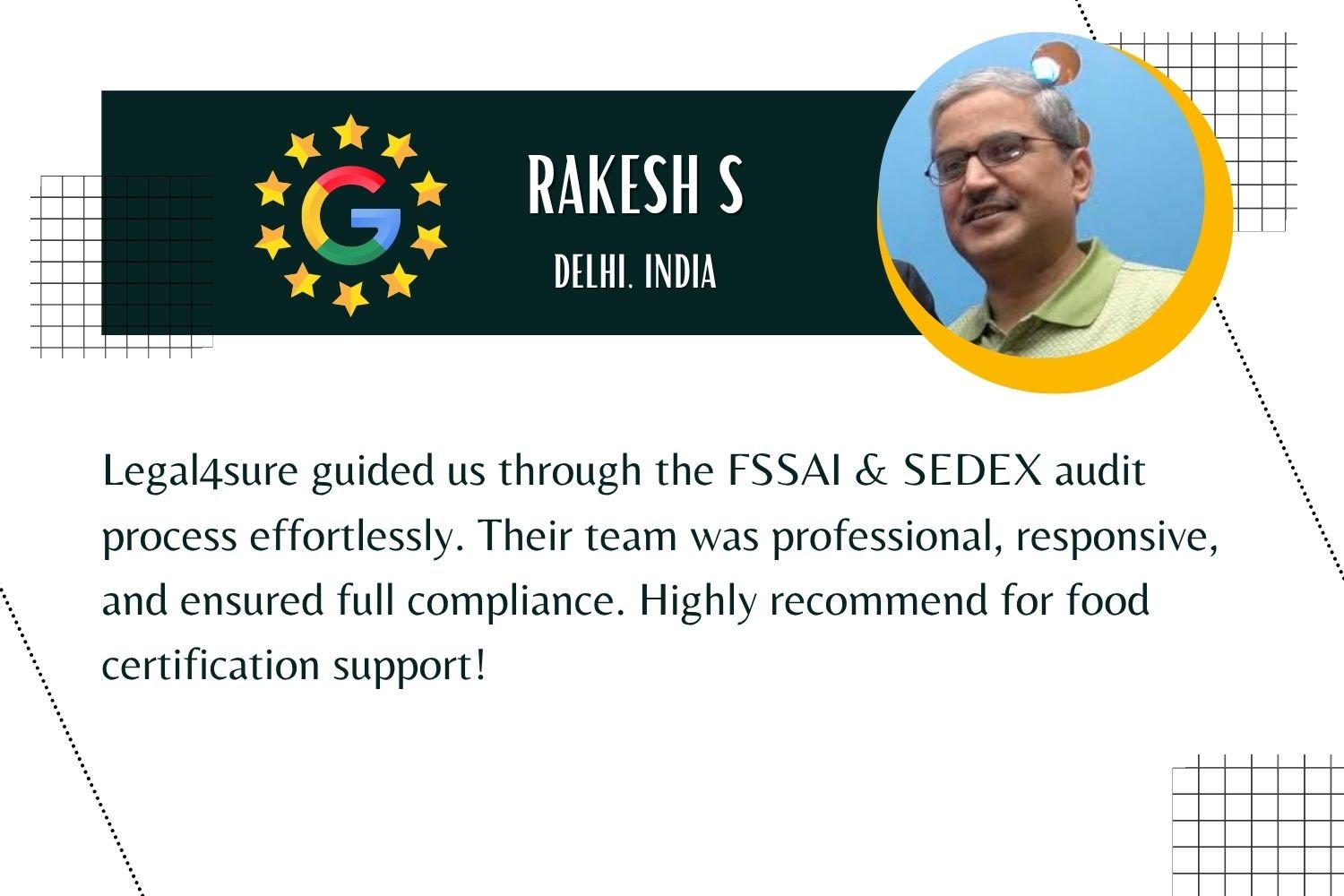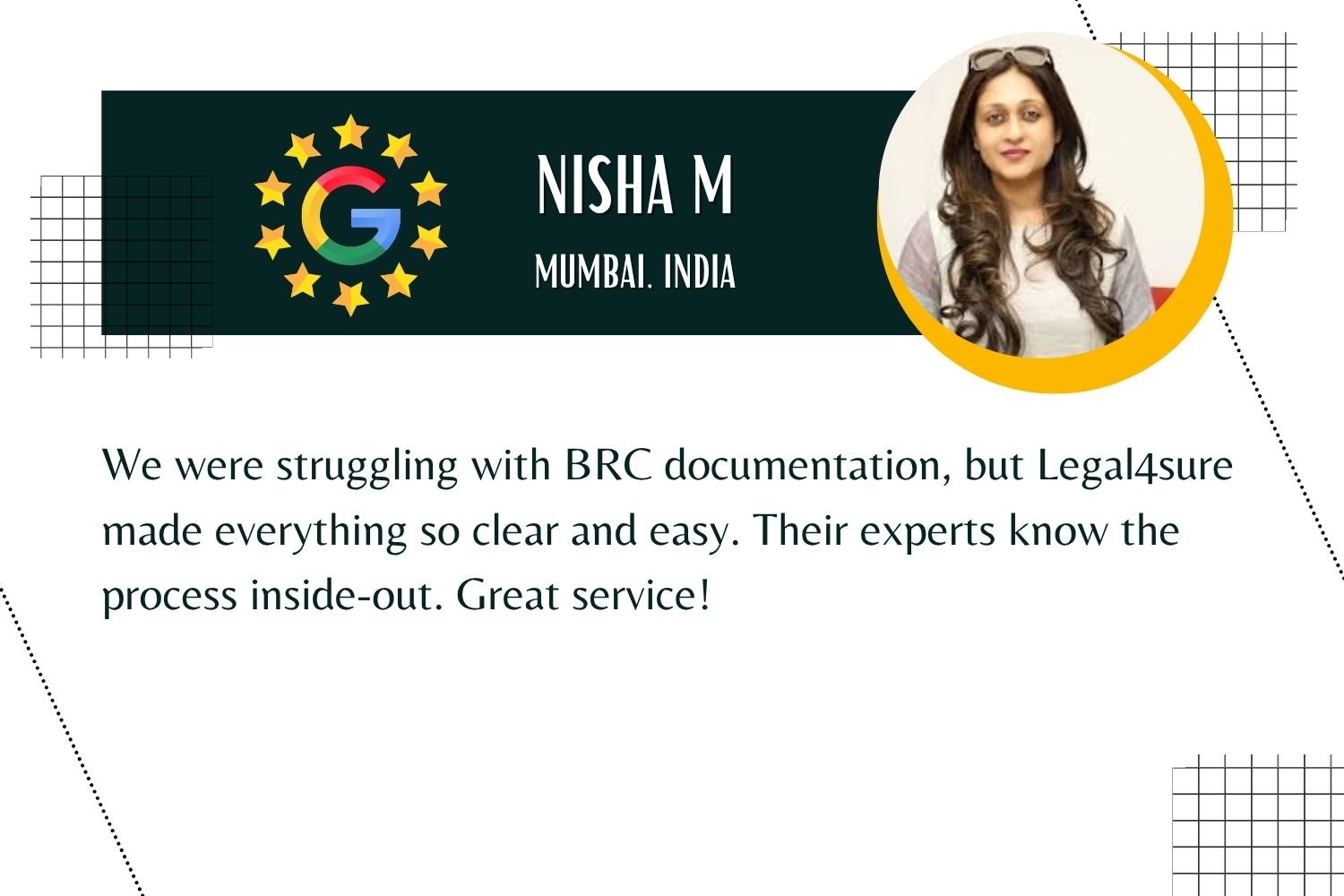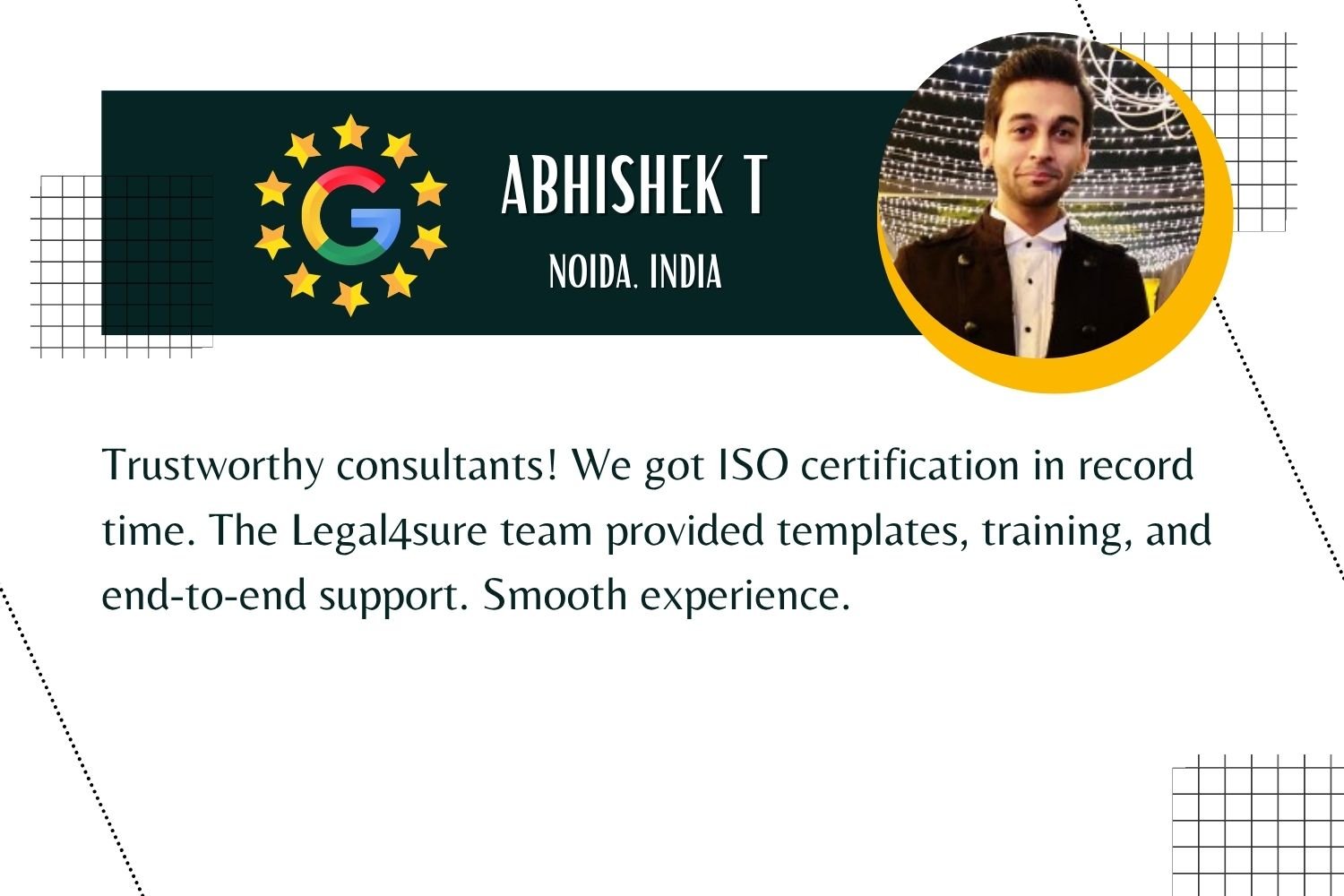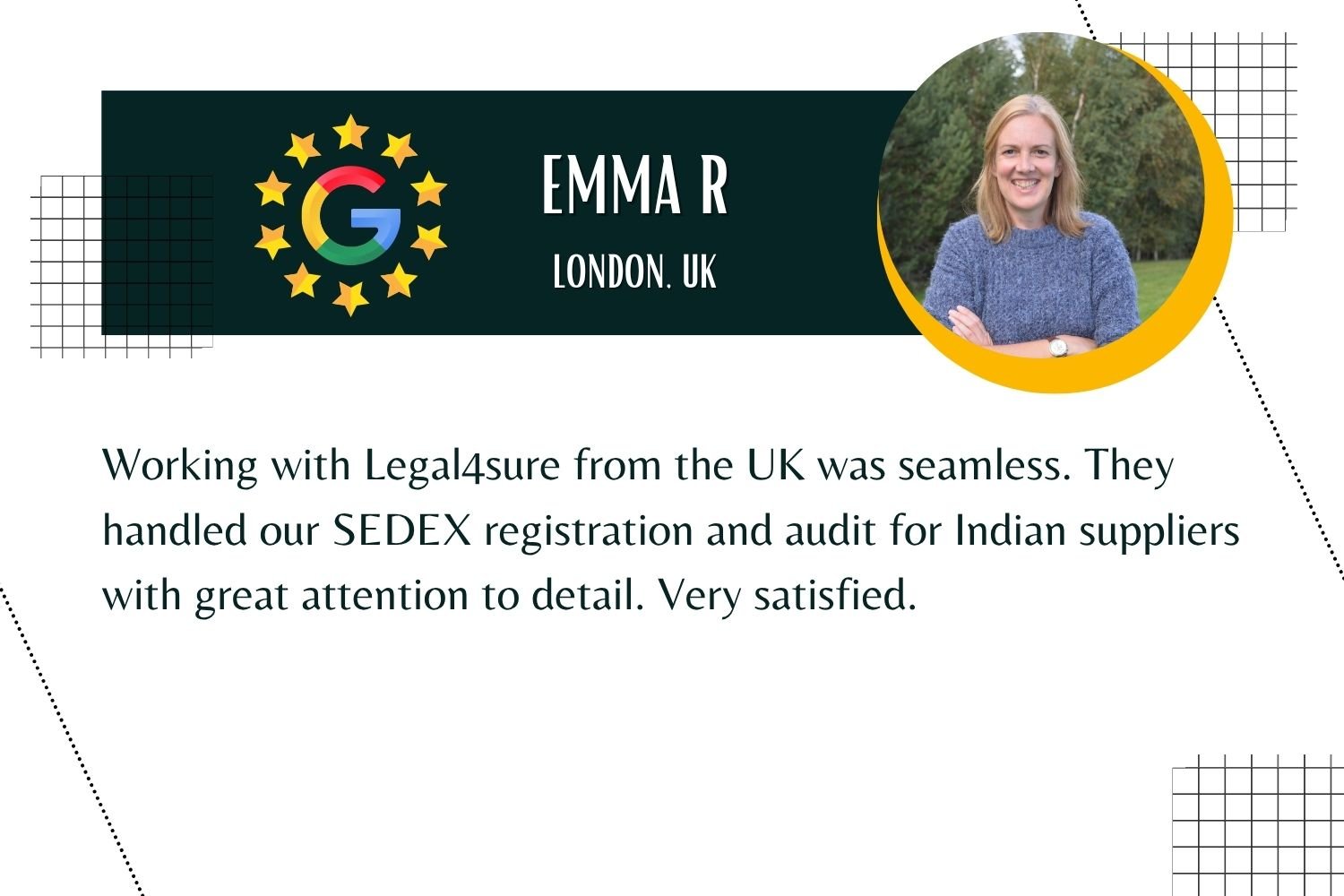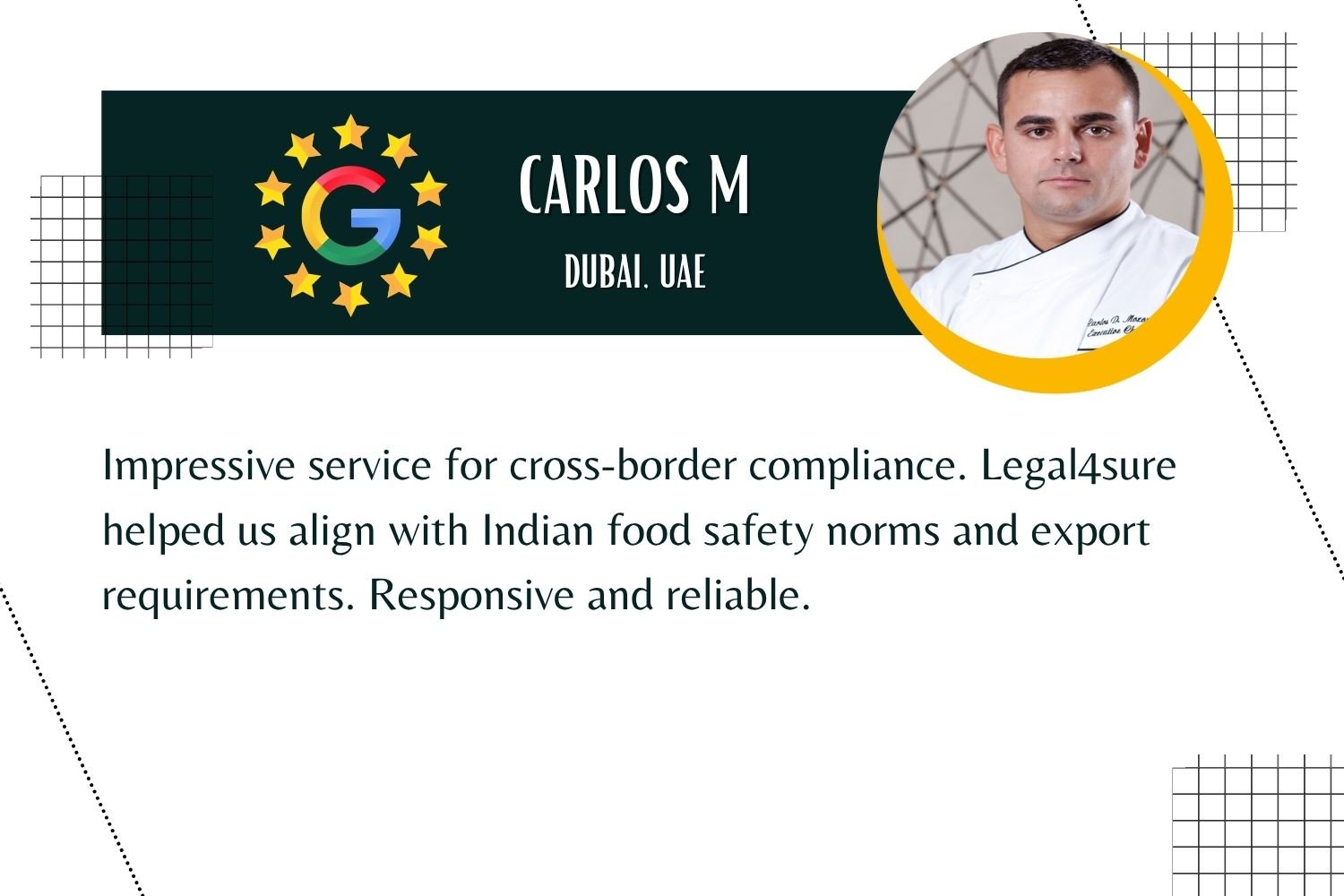Bangalore’s fast-growing IT, biotech, and manufacturing sectors increasingly rely on sedex certification in india to prove ethical, transparent, and responsible supply chains. This guide covers the best Sedex Certification services in Bangalore, Sedex registration fees, and Sedex audit costs in India, everything businesses need to stay compliant and win global buyers.
1. What is Sedex Certification In Bangalore?
SEDEX stands for Supplier Ethical Data Exchange It is an international certification that helps organizations manage and improve their ethical issues. It is simply the easiest means for analyzing all aspects of the company including how they deal with their workers, their safety measures, the environmental approaches, and business ethics. It focuses on four key pillars:
- Labor Standards
- Health & Safety
- Environment
- Business Ethics
SEDEX 2 pillars Audit and SEDEX 4 pillars Audit In Bangalore
Here are the details about Sedex 2-pillar vs 4-pillar audit:
1. Sedex 2 Pillar In Bangalore
Sedex 2 Pillar audits focus on two critical areas: Labor Standards and Health & Safety. The labor standards and health and safety can be explained in many ways as this certification is suitable for businesses that are in a position to focus on these aspects to have their operations ethical and also secure to the workers.
2. Sedex 4 Pillar In Bangalore
For a broader picture, Sedex 4 Pillar audits include information about labor standards, health and safety, the environment, and business ethics. Many organizations, especially the ones that wish to paint a picture of larger ethical compliance want this certification.
To Know More: Difference Between Sedex 2 Pillar & Sedex 4 Pillar Audits
Businesses in Bangalore and other places use Sedex Certification to
- Keep their supply chain transparent.
- Earn trust from customers and stakeholders.
- Follow global ethical standards.
Process to Achieve Sedex Certification In Bangalore
This certification process starts with registration. The process of achieving the certification involves a few steps. Organizations are required to determine which membership level to join and create a profile on Sedex. Also, the Sedex registration number provides the required information to begin the certification process.
- Step 1: Sedex Registration and Membership
- Step 2: Initial Assessment
- Step 3: Documentation and Training
- Step 4: Scheduling the Audit
- Step 5: Conducting the Audit
- Step 6: Post-Audit Compliance
- Step 7: Certification and Continuous Monitoring
Sedex Certification Cost In Bangalore
The average, based on market rates, sedex membership fees is about ₹1,50,000 – ₹3,00,000. To give you a clear picture, let’s cut down the costs as per the process:
➔ Membership Fees: If someone wants to get SEDEX, payment of an annual fee is needed. This is often from ₹14,500 to ₹15,500, depending on the size and sort of your business.
➔ Sedex Audit Costs: The cost of a SMETA audit might be between Rs 12,00,00 and Rs 20,00,00 for each site.
➔ Consulting Fees: Consultant fees may be in the range of ₹80,00,0 and ₹10,00,00 depending on the project.
➔ Internal Costs: Include the cost of time your staff spends on preparation, training, and making necessary changes.
➔ The average cost for Sedex registration fee is around ₹1,50,000 – ₹3,00,000 as per market rates.
List of Required Documents for Sedex Certification
Company Policies
➔ Labor policy
➔ Health & safety policy
➔ Environmental policy
➔ Business ethics policy
Employee Records
➔ Payroll records
➔ Work hours and overtime data
➔ Employee contracts
Health and Safety Documentation
➔ Risk assessments
➔ Emergency response plans
➔ Training records
Environmental Records
➔ Waste management logs
➔ Energy consumption data
➔ Environmental impact reports
Other Supporting Documents
➔ Supplier and subcontractor agreements
➔ Proof of corrective actions from previous audits
Dos and Don’ts in Sedex Certification
Dos
➔ Maintain Transparency: During the sedex audit consultancy, they should be honest about the level of compliance in any particular company.
➔ Train Employees: Make sure that everybody knows that ethical practices are an important part of the organization.
➔ Conduct Internal Audits: This helps to review the operations in the organization and make corrections before the actual audit occurs.
➔ Engage with Stakeholders: The task ‘’Engage Suppliers and Subcontractors’’ outlines the necessary steps to take to bring your compliance program’s message to the suppliers and subcontractors with whom your business works.
Don’ts
➔ Don’t Delay Corrective Actions: Do not hesitate to correct mistakes So, immediate corrective actions. Act on non-conformity.
➔ Avoid Misrepresentation: Never falsify records or reports. Presents facts.
➔ Don’t Overlook Training: When training is inadequate, organizations end up right baon in the wrong side of the law even without intending to.
➔ Neglect Documentation: It is possible to lose certification if the documentation is missing.
Why Choose Legal4sure as Your Sedex Certification Consultant?
Legal4sure is a sedex certified leather supplier india in compliance consulting with expertise in Sedex Certification.
Here’s why businesses in Bangalore should partner with us:
- ➔ End-to-End Support
- ➔ Industry Expertise
We cater to diverse industries, including:
- ➔ Food
- ➔ Pharmaceuticals
- ➔ Textiles
- ➔Leather
- ➔ Packaging
- ➔ Machinery manufacturing
APSCA Certified Partnerships
Cost-Effective Solutions
Proven Track Record
Conclusion
If you are seeking the best SMETA consultants or SEDEX certification providers for your Sedex Certification Audit, connect with Legal4sure right now and get the simplest process of working. Our team of skilled consultants and auditors with years of experience will help you in every way to achieve SEDEX certification.
FAQ
Q1. How much does a SMETA audit cost in Bangalore?
It usually costs ₹40,000–₹1,50,000, depending on company size and auditor.
Q2. What is the Sedex 10-year audit rule?
It means audit records must be kept for 10 years for compliance checks.
Q3. How can a company in Bangalore prepare to avoid SMETA audit issues?
By keeping updated documents, trained staff, and clean compliance practices.
Q4. What does Sedex stand for?
Sedex means Supplier Ethical Data Exchange.
Q5. How much does a consultant charge for Sedex Certification in Bangalore?
Consultants generally charge ₹25,000–₹1,00,000 based on scope.
Q6. What are the 5 C’s of an ethical audit?
They are Compliance, Conduct, Conditions, Communication, and Corrective actions.
Q7. What are the 4 types of audit findings in a SMETA audit?
They are Minor, Major, Critical, and Observation.
Q8. What is the cost of Sedex membership for Indian suppliers?
Sedex membership usually costs around £150–£600 per year depending on category.

